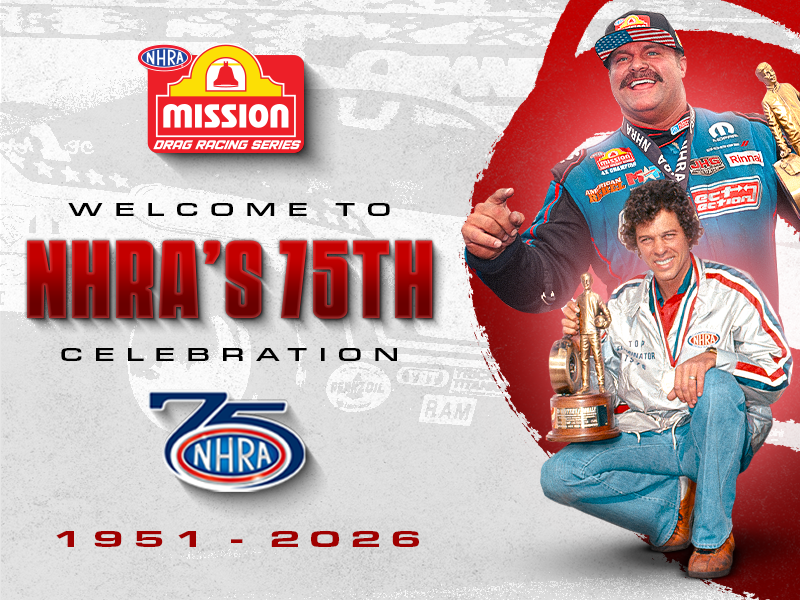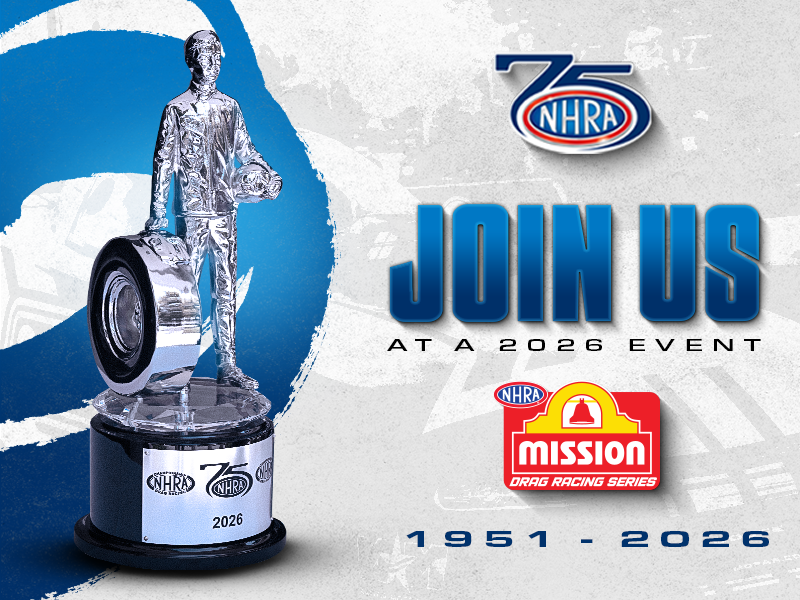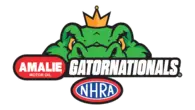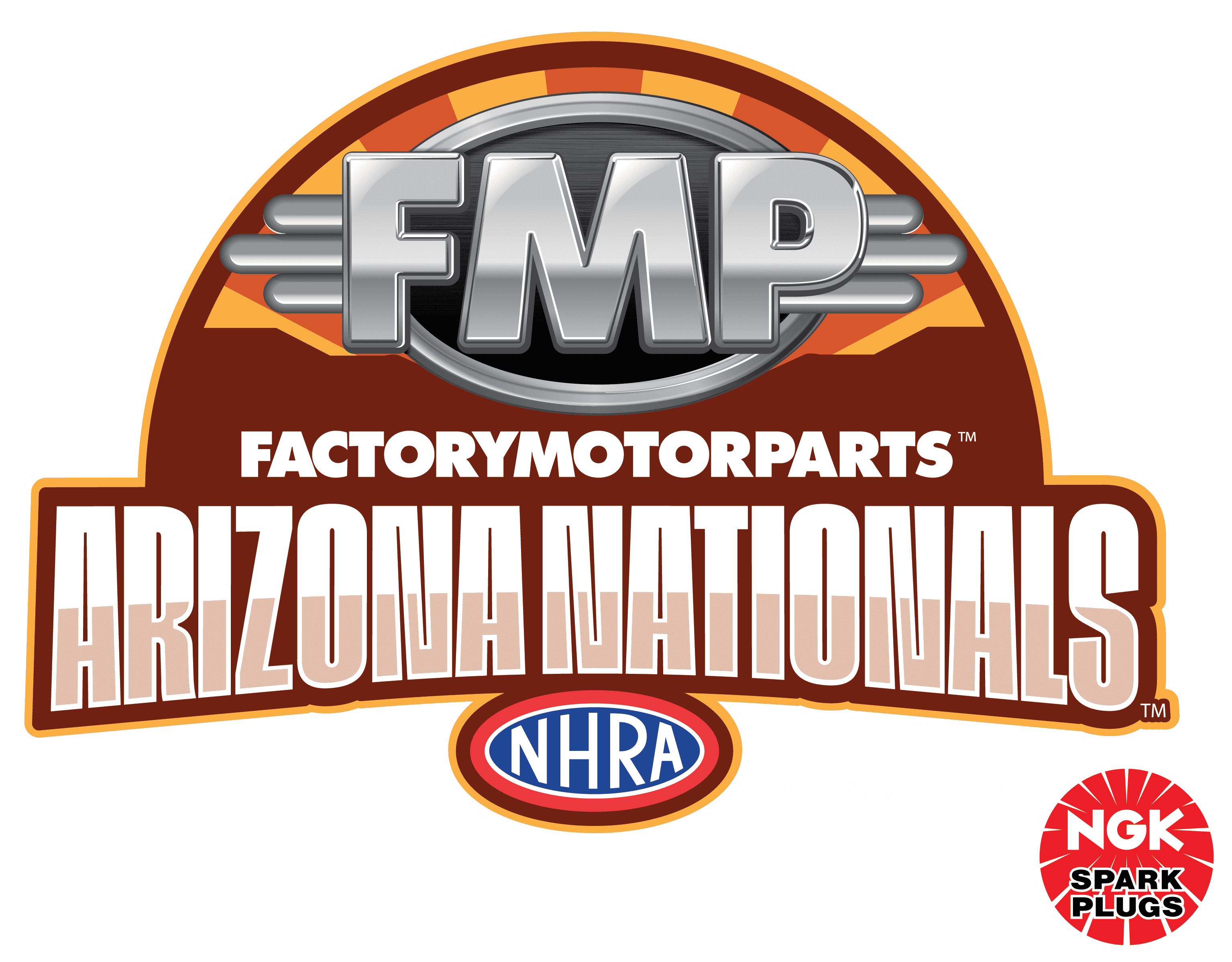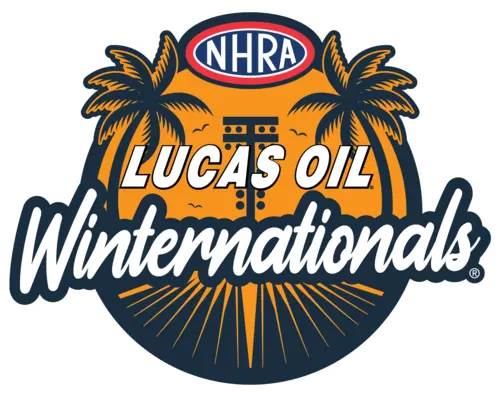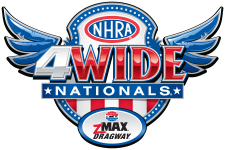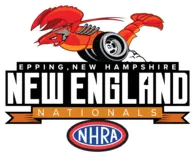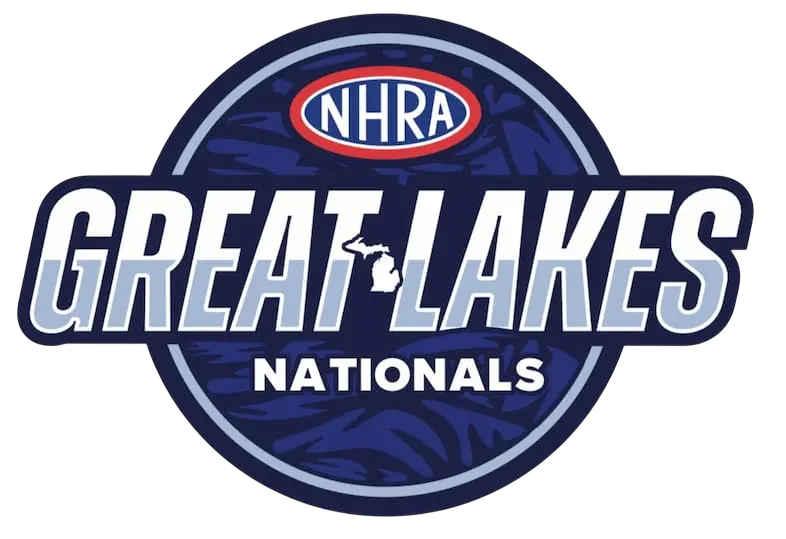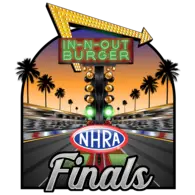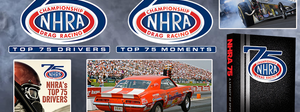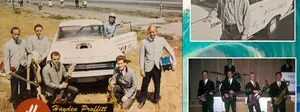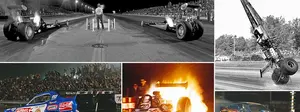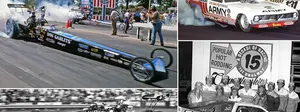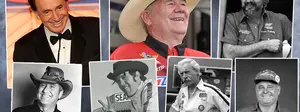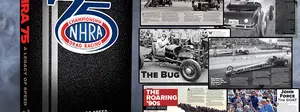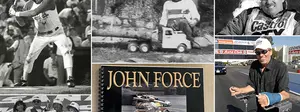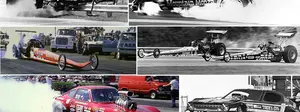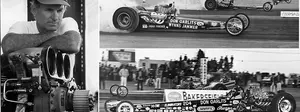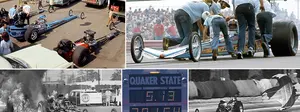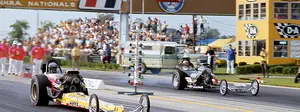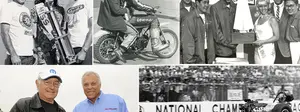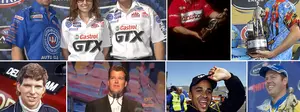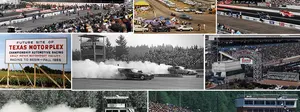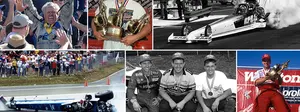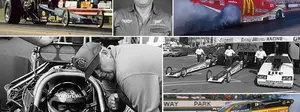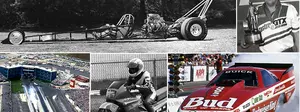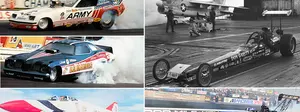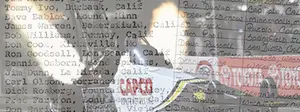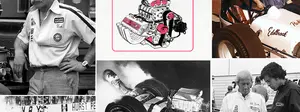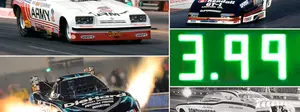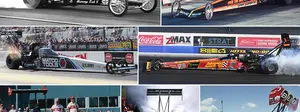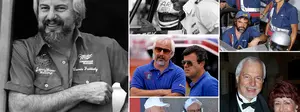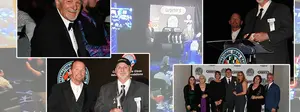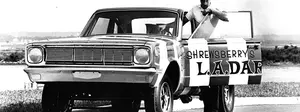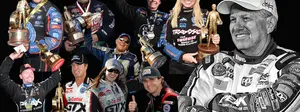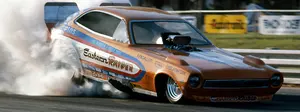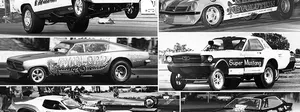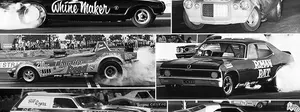Surfing Safari, Part 2: The Surfers, the Hawaiian, Hondas, and Jim Morrison (!)
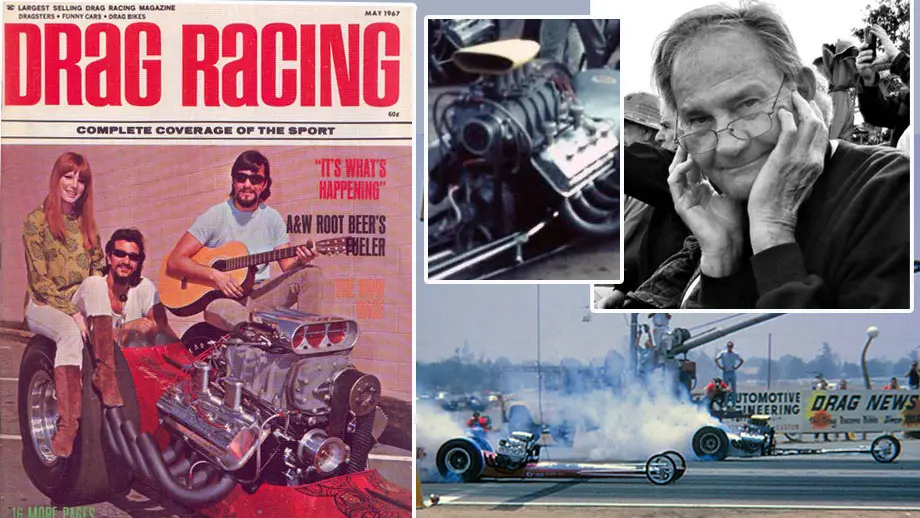
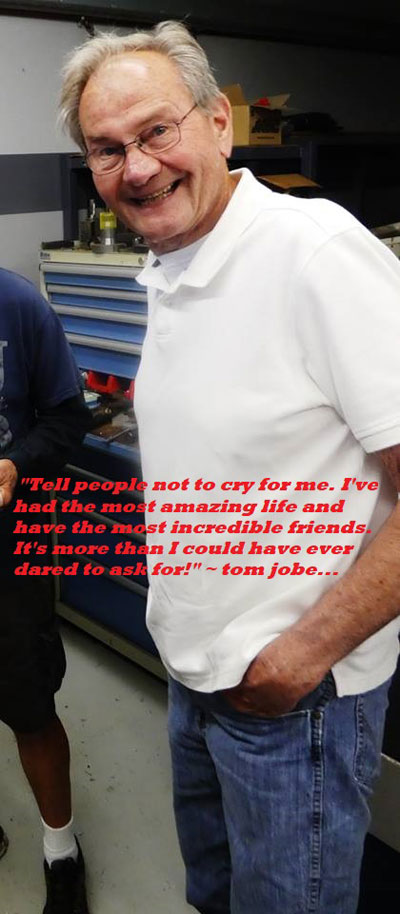
Country music star Tim McGraw has a cut on his new album called “If I Died Today” that made me think a lot about Tom Jobe and the outpouring of love and respect for him that poured into my email box after last week’s farewell to the last of The Surfers Top Fuel team that also included Bob Skinner and driver Mike Sorokin.
I wonder who I'd see
Cryin', standin' over me
Who would just send their regards?
Would anybody say that "the world will never be the same"?
In emails I received from folks closest to him, including Bob Higginson and Nancy Merritt, it’s clear that Jobe didn’t want anyone crying over him and that he probably would have been dismayed by so much attention being poured like 100% nitro into the fuel tank of memories.
Higginson, who runs The Surfers Facebook page, was at his side in the last hours and said Jobe was completely at ease and fully prepared for whatever was coming next.
A few hours before he passed, he told Higginson, “Tell people not to cry for me. I've had the most amazing life and have the most incredible friends. It's more that I could have ever dared to ask for."
“I promised Jobe I would not cry,” Higginson told me. “It’s the only promise with him I ever broke. I gave him a fat, wet, sloppy kiss on his forehead as I left that day and told him how loved he was, by everyone he ever knew. We both knew what that meant.”
:: SURFER SEATS ::

Higgingon, who almost unfailing in correspondence refers to Jobe as “Mr. Jobe” as a sign of deep respect, also shared the following observation and story of his own Surfers keepsake.
“Without question, the greatest 'non-car' photo in the history of drag racing is the famous Jon Asher "Garage Photo" of ‘The Ridge Route Terrors,’ Roger Coburn and his partner James Warren. Arguably, the second most iconic shot is Bob Skinner and Tom Jobe of The Surfers, sitting in their airplane seats in their garage at the Red Apple Motel, which was their home base.

“So, the other day I'm at Mr. Jobe's home helping to get his things in order, and out of the corner of my eye I spot a familiar orange fabric -- it's the seats! Mr. Jobe has been keeping them safe for 50 years! I bring them home, not knowing WTF I'm going to do with them, but I have to do something. Mr. Jobe must have cared about these -– a lot -- to have stored them all these years.
“So I bring them home and Vicki recognizes them as The Surfer seats! We have been talking about remodeling our home office, so the plans, colors, and furniture placements are immediately altered to fit the seats’ arrival into the plan, and we let 'er rip!
“I tore out all the existing chair rail and base boards, moved all the electrical and modem cables to their new locations, and nailed up new wainscoting and baseboards while Vicki worked up new colors to go with the burnt orange seat fabric.
“And it wouldn't be a Surfers story, without a little 'Surfer Magic' thrown in! I picked these up in Santa Monica and tossed them in my truck, then I hauled ass out to Rancho Cucamonga (60 miles to the east) for a work thing, and then to home to Orange County. When we went to unload the seats , the cushions literally fell off! How they stayed on is a miracle! (I would have felt so bad if Mr. Jobe ever knew I lost one of his cushions going 80 mph on the 10 freeway.) I never would have seen it go; it would have been lost forever. Surfer Magic to the rescue!
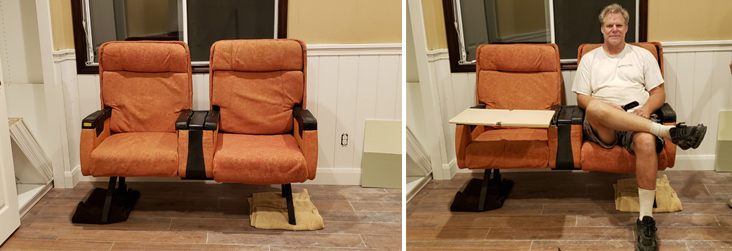
“So, in our home office is where they will stay. After we finish painting and rehang all my Surfers stuff, it with be quite a tribute to the boys. Thank you, Mr. Jobe, for everything.”
:: SURFERS STORIES ::
For a team that only existed for three years, there are a lot of crossed paths and inspiration between The Surfers and their racing pals.
Roland Leong, who hired fellow SoCal “westsider” Sorokin to drive his Hawaiian 2 dragster after he left the Surfers, remained friends with Jobe over the 50-plus years they’ve known each other. They stayed in touch daily by email, saw each other often at “the old-people lunches” that the -quarter-mile comrades of history continue to have, and Jobe was Leong’s go-to computer technician.
Beyond the obvious connection between racing against the Surfers and having Sorokin drive his car, Leong shared an interesting story from the 1966 U.S. Nationals –- a race that he and Mike Snively won -- that sent me (unsuccessfully) poring through the National Dragster photo archives looking for what may be one of the rarest photos in Top Fuel history.
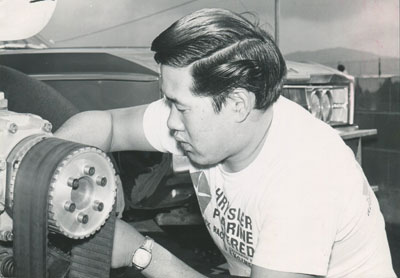
“Right before Indy, while we were on tour, I ran out of fuel pump -– I couldn’t get the volume I wanted anymore, and the engine wanted to burn up –- so I called [engine builder and home-based tuner] Keith Black and asked him for a bigger pump,” Leong recalled. “A week or two before Indy, he told me that Hilborn was making us a pump but that there was only one problem: They didn’t want to see the pump on a car that didn’t also have a Hilborn injector. I had an Enderle. I got a Hilborn injector for Indy but the scoop didn’t show up in time for the first day of qualifying. I didn’t want to miss the first run, but Jobe and Skinner loaned me their scoop -– the famous yellow one -– and I ran it on my car because they weren’t going to run that day. I got my scoop the next day but our first run at Indy that year was with the Surfers scoop, and we were fortunate to go on and win the race.”
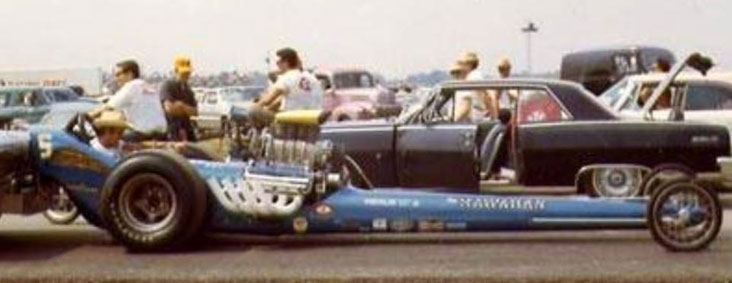
Within hours of this column being posted, Dennis Friend found the image for me, in the archives of the Surfers Facebook page,
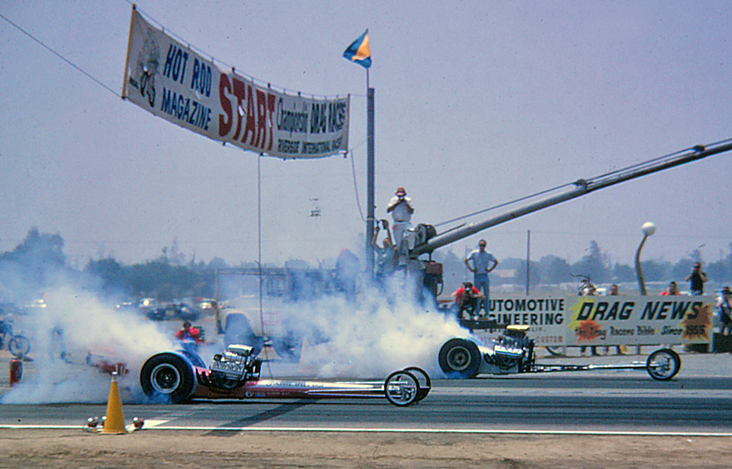
As I wrote last week, Sorokin was wired so tightly that he was a killer on the starting line. Check out this Steve Reyes photo from Riverside in 1965, with Sorokin in the far lane drilling Denny Milani in Ted Gottelli's dragster. That kind of wheelwork and precision tuning gets you respect from guys like Don Prudhomme.
“I was always amazed how well known and respected the Surfers were for having such a short career,” Prudhomme marveled. “I had a great deal of respect for all of the Surfers; they did so much with so little and really made their mark. Even though I raced against them, I wasn’t really close to them back when we were racing –- I knew Mike pretty well –- but I’d see Tom all the time at our lunches. He was a great dude. It’s a big loss.”
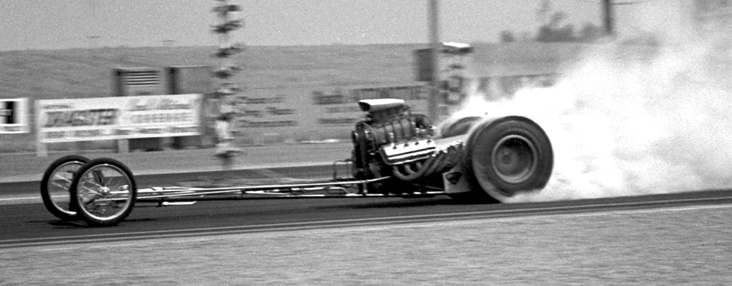
Reyes also shared his thoughts on the Surfers. “I first heard and saw the Surfers in an old Drag News," he said. "The one thing that stood out was that The Surfers race team just looked like they were having fun. I believe it was the piece that I read about ‘Lotus John’ getting his Top Fuel license in their car. It was a very funny piece that really showed who they were. Also a quote from Sorokin about the fuel load he was putting into the tank of their AA/FD. When asked why 100% nitro in the tank, Sorokin's answer was "Because I've broken all the hydrometers we've had; the 100% seems to work."I saw them race three times -- twice at Riverside (1965-1966} and they came to Fremont just before quitting.
“I was really sad when they quit but I did follow Sorokin's driving ventures with Blake Hill and Roland Leong. About a year ago, I got an email out of the blue from Tom Jobe. He introduced himself and thanked me for promoting the sport of drag racing.F or me that was such a special moment. One of The Surfers emailed me! Way cool!"
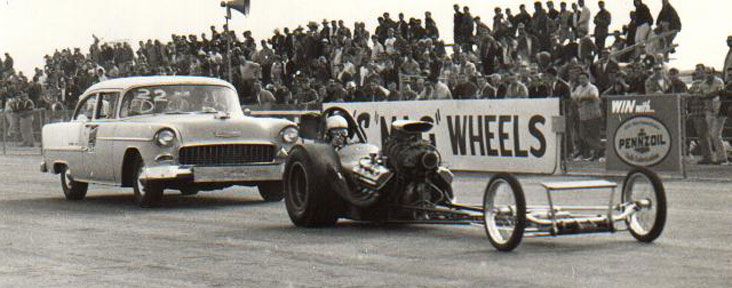
Former Funny Car racer Jeff Courtie also dropped me a line to share his story.
“I went to my first March Meet in 1966 and saw the Surfers for the first time, and that's what motivated me to go nitro racing,” he said. “I thought if three guys driving an old ‘55 Chev could rotate the earth like they did, I could do it.
“I talked to Tom once at the California Hot Rod Reunion a few years back and I told him that he, Mike Sorokin, and Bob Skinner inspired me to go fuel racing He said jokingly ‘sorry.’
“I never thought that 8-9 years later I would be working with Bob Skinner at Ed Pink’s (Tom may have been there, too, at nights). Bob was building a state-of-the-art flow bench for Ed, and was quite a guy with a brilliant mind. Tom Jobe and the Surfers, you inspired a lot of nitro racers to follow their dreams.“
:: MOTORCYCLE MAVEN ::
While much was known about Jobe’s drag racing career, I was excited to learn more about his other endeavors -– did you know that he pioneered the use of automatic transmissions in stadium-racing trucks or that he led the charge to replace old, noisy, dirty diesel engines in the Rose Parade Floats with Honda Accord engine? Me either -- especially his long involvement with Honda Racing as part of its road-racing team. I was thrilled to hear from co-worker Brian Uchida, with whom I exchanged numerous emails that I will distill down to one comprehensive adulation for Jobe.
“I had the privilege of working with Tom for over 19 years and enjoyed and learned heavily from it all,” he wrote. “It took me about 2–3 days of working with him, after Bruce Burness had told me that because he didn’t have time to do some fabrication work, that Tom could do it. After getting back to Bruce to thank him for putting us on to Tom, Bruce said, ‘He’s an excellent fabricator and machinist but you want him for his mind. His brain is his most important aspect.’ And he was right.
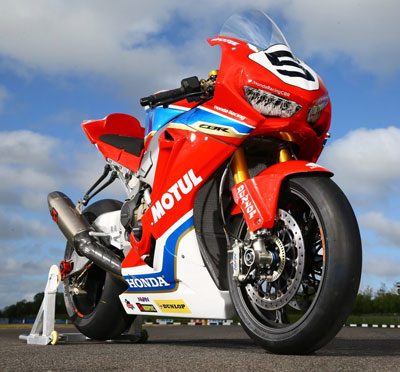
“The first two years or so, Tom did fabrication and machining for the road race team (AMA Pro-Twins, superbikes, SS600 class). For various reasons the need for this type of work went up within the team and we could justify having him come in and spend days in the shop doing work for the road race and then the motocross team as well. As the rest of the team became comfortable with working with him, they also found out that his knowledge and willingness to learn, to seek out solutions to problems was as valuable to the team as were his fab and machining skills. He eventually became an employee and was an integral part of the team, getting work done that a mere mortal machinist and a singular fabricator could do. Tom’s habit was to work quickly but I don’t ever remember him making a mistake. Of course, it might take more than one when making a new ‘something’ but he was quick enough that he could make three parts (each better than the previous) in the time the guys on the team could make their first one.
His skill didn’t go unnoticed. He was requested to help with a few problems that came up in the company outside of the race team. A recall campaign went extremely well in part due to Tom’s thoroughness and knowledge and being able to 'connect the dots.'
“For whatever reason, we got along really well and had lunch together almost every day. I was so fortunate that he was willing to tell me his history -- ALL of it! So I heard stories from drag racing, Can-Am, Formula 5000, stadium trucks, his father’s machine shop, Bob Skinner, the Shelby guys, making sourdough bread, computers, electronics, even working at the DOT transportation center on research trains exceeding 200 mph in the ‘70s.
“Did I listen? You bet.
“Tom made a vow to spend about an hour a day, reading about something, usually choosing something or something 'choosing' him and he’d go for months, sometimes years, studying that particular subject.
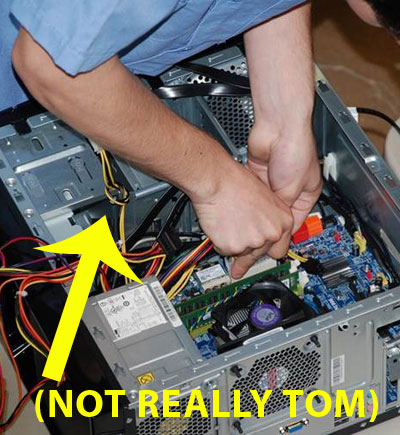
“Around 1992 he decided he didn’t know anything about computers and that they weren’t going away. So he bought one, learned as much as he could from asking ‘us’ (the younger guys) and then dove in. For about 6-7 years, he’d work on/read about computers in his spare time. In about nine months he knew far more about computers than everyone in the shop. After about a year and a half, he was building them from parts and fixing everyone else’s computer. He helped us as computers were starting to be part of motor vehicles and then the data thing started. He helped peripherally on some systems.
“One day he decided that computers were getting to be like toasters or televisions and didn’t need that much fiddling to work right. So he decided to learn about electronics. Before long, he was buying used oscilloscopes, reading for hours about electronic theory, fussing with motherboards, etc.
“Plus, he taught me anything I had time or the inclination to learn. Machining, heli-arc welding, the importance and skill of using a file or even a hammer correctly. I have been working on my stuff from the age of 12, went to L.A. Trade Tech college for motorcycle repair, built lots of motorcycles, worked on my own cars, took care of racebikes at the track, but he was always teaching me something, even when he wasn’t’ ‘teaching,’ I was learning from observing and from listening.
“He was always very good to me, always helped me with any little issue/mechanical thing that stumped me. I really learned the meaning of the word 'thorough.’ When Tom stepped up to help you fix a problem he was ‘thorough,’ and the problem was gonna stay fixed. Or, we’d both learn and THEN it would be 'fixed.'
"Tom was a great guy. I’m sad more people don’t know/will never know what a great guy he is. Of course, he’d never EVER want to be “recognized” on a wide-scale level. Quiet appreciation from his friends is probably all he’d really like. And I’d say he got it. I miss him terribly. I am very fortunate to have known this great man.”
:: THE JIM MORRISON CONNECTION ::
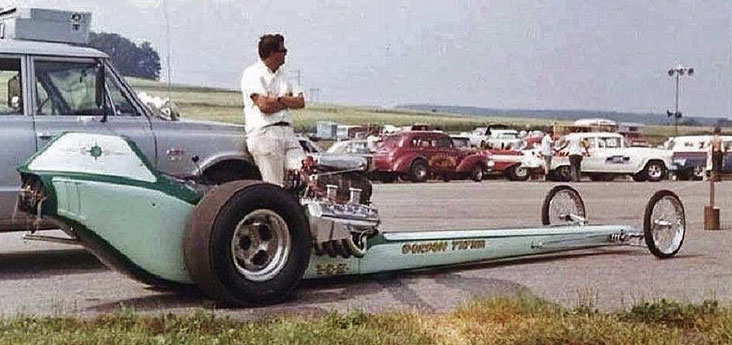
OK, it’s a bit of a stretch but I love this weird confluence of events. As I mentioned last week, the Surfers had built a beautiful full-bodied car in anticipation of the 1967 season but ended up calling it quits near the end of 1966. They sold the car to the New York-based Bandel brothers (Richie and Bobby), who ran it at least once, at the 1967 Winternationals, before selling it to Gordon Tatum (that’s car above when owned by Tatum).
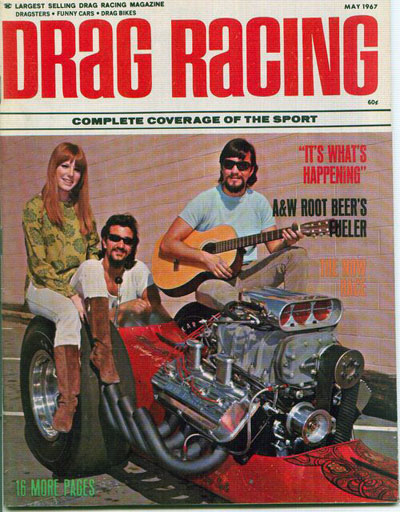
Anyway, the fact that the Bandels bought the car (the Surfers were on hand to instruct) was good enough for Drag Racing magazine, which wanted the brothers on the cover of their May 1967 issue. The commissioned versatile Don Prieto to shoot the cover, which was photographed next door to the Red Apple motel where the Surfers had been based.
“We rolled the car into the parking lot next door and I shot the feature shots,” Prieto recalled in a 2000 interview. “I then looked for something interesting. The girl in the photo was walking by with the guitar under her arm. She was a waitress at The Other Ball, a topless bar on whose property we were shooting. She sat for one shot and handed Richie Bandel the guitar to put behind the car. He assumed the pose and I pulled the trigger. She stood up, picked up her guitar, and left. No model release, no name, no nothing.”
My research into the photo revealed her surprising identity, so I reached out to Prieto this week to see what his reaction was to her identity. Turns out, it wasn’t until 30 or so years later that Prieto heard from Scott MacNeil, a superfan of the seminal rock group The Doors. He had found Prieto's name and number somewhere on the internet, and called him about "the girl in the photo.”
“He said, ‘I have found out who the young lady was, and I want you to know about it.’ It turns out that a friend of his was strolling through a used book store searching for anything about his favorite rock star, Jim Morrison, and saw the cover of that Drag Racing magazine. He picked it up for a closer look. Sure enough, it was Morrison's girlfriend. I was blown away after all that time. Once I learned who she was, I called a meeting of all the principles in the Bill Pitts Surfers YouTube adventure and broke the news. They were all knocked out. Final closure. Great day.”

Yes, race fans, it was indeed Pamela Courson, the “Lizard King’s” muse and inspiration for songs such as “20th Century Fox.” (She’s also reportedly the “Cinnamon Girl” that inspired Neil Young’s song of the same name.) She and Morrison had met the year before and became instant soulmates and she famously was with Morrison on the sad July 1971 day he died in Paris. She died less than three years later.
I’ll give Jobe the last word on the subject, which is a humorous note about their garage’s proximity to what he called “the ‘Gentleman's Club,’ next door to Red Apple Motel.
“Our garage was in this alley that ran right through the middle of the Red Apple Motel,” he wrote. “The prominent local patrons of the club slithered down the alley so as not to be seen by their wives or the respectable citizens of Santa Monica. These guys coming in and out of the club would see us working on our car and stop to ask only one of two questions, ‘How much did it cost?’ or ‘How fast does it go?’ We had a contest going amongst ourselves to see how far we could stretch the story; 300 mph was easy! But 600 mph was a tough sell. You couldn't BS'em too much on the cost since they were the guys who owned the whole town.
“Also, if this picture was just a little wider on the right side you would see the water faucet where we ‘flow tested’ all our fuel injectors.”
Vintage Jobe.
Phil Burgess can reached at pburgess@nhra.com
Hundreds of more articles like this can be found in the DRAGSTER INSIDER COLUMN ARCHIVE



